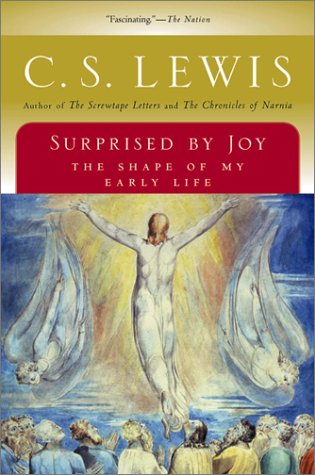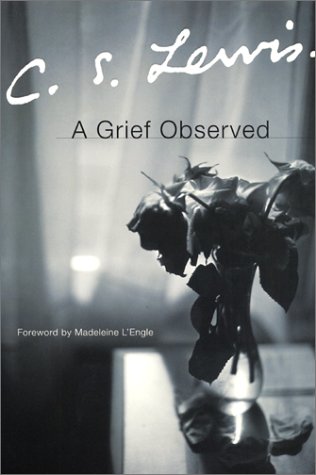Main points: Christ will make us perfect... whether we like it or not. We must become New Men through Him.
Is Christianity Hard or Easy?
"The Christian way is different: harder, and easier. Christ says "Give me All. I don't want so much of your time and so much of your money and so much of your work: I want You. I have not come to torment your natural self, but to kill it. No half-measures are any good. I don't want to cut off a branch here and a branch there, I want to have the whole tree down. I don't want to drill the tooth, or crown it, or stop it, but to have it out. Hand over the whole natural self, all the desires which you think innocent as well as the ones you think wicked—the whole outfit. I will give you a new self instead. In fact, I will give you Myself: my own will shall become yours."
This reminds me of a story told in General Conference last April:
Hugh B. Brown told of purchasing a rundown farm in Canada many years ago. As he went about cleaning up and repairing his property, he came across a currant bush that had grown over six feet (1.8 m) high and was yielding no berries, so he pruned it back drastically, leaving only small stumps. Then he saw a drop like a tear on the top of each of these little stumps, as if the currant bush were crying, and thought he heard it say: “How could you do this to me? I was making such wonderful growth. … And now you have cut me down. Every plant in the garden will look down on me. … How could you do this to me? I thought you were the gardener here.” President Brown replied, “Look, little currant bush, I am the gardener here, and I know what I want you to be. I didn’t intend you to be a fruit tree or a shade tree. I want you to be a currant bush, and someday, little currant bush, when you are laden with fruit, you are going to say, ‘Thank you, Mr. Gardener, for loving me enough to cut me down.’”
I think this is the message that Lewis is sharing with us - that God knows us better, and has bigger plans for us, and that it is going to hurt as he turns us into greater things than we ever could have imagined becoming. Of course, this process isn't easy.













